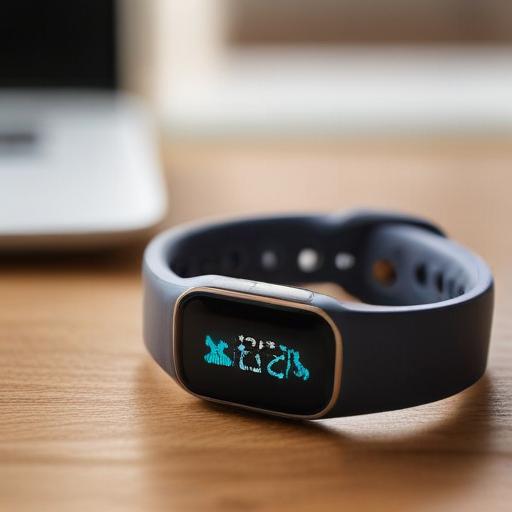Whoop, a Boston-based startup known for its advanced fitness wristbands, is engaged in a notable dispute with the Food and Drug Administration (FDA) regarding its latest product, the Whoop MG. This device includes sophisticated heart monitoring capabilities and daily blood pressure estimates, which the company argues are targeted for wellness rather than medical diagnostics. Whoop claims that this distinction is critical, as regulations govern devices that provide diagnostic information.
Founded in 2012 by Harvard students, Whoop has built a reputation in the health tech space, securing endorsements from notable athletes like LeBron James, Katy Ledecky, and Cristiano Ronaldo. Its headquarters near Fenway Park has become a landmark, reflecting its growth, having raised over $400 million in funding to date. CEO Will Ahmed anticipates a potential public stock offering within the next two years.
The Whoop MG was introduced with features such as heart rhythm monitoring that requires FDA approval. While this aspect gained the FDA’s endorsement, the agency denied approval for the blood pressure estimating feature, directing Whoop to cease its marketing under threat of potential fines and product seizures. Whoop responded by stating it does not plan to comply with the FDA’s demands, arguing that the wellness insights it provides around blood pressure do not classify the wristband as a medical device.
Legal expert Bryant Godfrey pointed out that while conflicts with the FDA can sometimes lead to favorable outcomes for companies, they usually don’t. He also noted that new leadership at the FDA may influence the outcome of this case. With Secretary Robert F. Kennedy Jr. overseeing the agency, there is speculation about whether this political dynamic could support Whoop’s interests. Following a meeting in May with Kennedy, Ahmed stated that there is a push to reduce regulatory barriers for health technology.
Although some entrepreneurs express hope about the potential for a favorable resolution for Whoop, concerns remain regarding the risks posed by unvalidated blood pressure measurements. Experts emphasize that the FDA is unlikely to compromise on safety standards given the implications for public health.
The outcome of this situation is still uncertain, and it will be interesting to see how Whoop navigates the regulatory landscape, particularly with the backing of influential figures in the health sector.
